Arthritis refers to a common condition that causes pain, inflammation, and restricted movement in the joints. According to National Health Service (NHS) data, over 10 million people in the United Kingdom alone live with arthritis or similar conditions. Contrary to popular belief, arthritis is not just a natural part of aging; it can affect individuals of all ages, including children. There are over 10 types of arthritis, with osteoarthritis and rheumatoid arthritis being the two most prevalent forms.
Osteoarthritis
Nearly 9 million people in the UK live with osteoarthritis, which most commonly develops in individuals during their mid-40s and upwards. However, osteoarthritis can occur at any age due to injury, joint-related conditions, or illnesses. In osteoarthritis, the protective cartilage on the bone ends begins to break down, causing pain, swelling, and restricted movement.
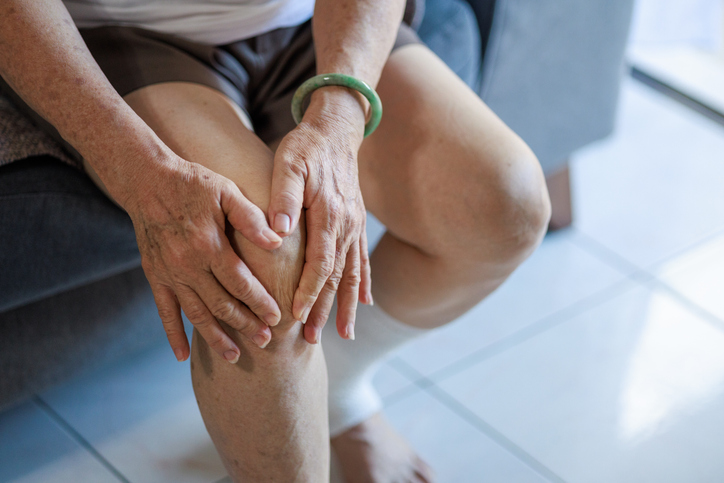
Rheumatoid Arthritis
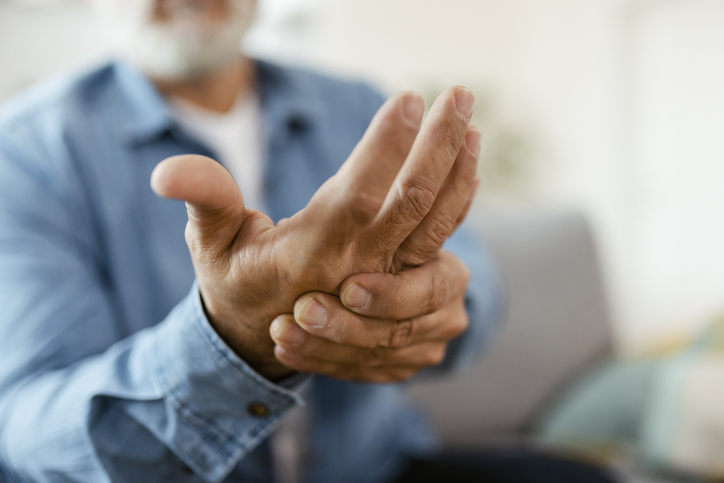
Rheumatoid arthritis affects more than 400,000 people in the UK and often occurs in individuals between 40 and 50 years old, with women being three times more likely to be impacted than men. Rheumatoid arthritis is an autoimmune condition in which the immune system attacks the joint lining cells instead of fighting infection, resulting in painful, swollen, and stiff joints.
Other Forms of Arthritis
Other forms of arthritis include ankylosing spondylitis, cervical spondylosis, fibromyalgia, gout, psoriatic arthritis, enteropathic arthritis, polymyalgia rheumatica, reactive arthritis, and secondary arthritis.
Symptoms of Arthritis
Due to the wide-ranging types of arthritis, symptoms differ between each form and the affected individual. If experiencing one or more of the following symptoms, it is recommended to promptly contact your general practitioner to receive an accurate diagnosis and rule out other conditions: painful and tender joints, swelling and inflammation in and around the joints, restricted movement, starting in the joints, a warm, red patch of skin around the affected joint, weakness in the muscles or sudden loss of muscle mass.
Thriving Despite Arthritis

Arthritis can have a tremendous impact on the affected individual physically and emotionally, often causing a loss of confidence. Once diagnosed with arthritis, you and your GP can explore an appropriate treatment plan, including medication to manage pain and reduce inflammation, physiotherapy to help maximise movement, and surgery to restore joint function. This process may seem daunting, but with support from loved ones and healthcare professionals, you need not face these decisions alone.
Depending on the severity, arthritis may make everyday routines like personal care, cooking, and work difficult. If symptoms disrupt your lifestyle, many home care options are available to support both practical daily needs and emotional support when needed. You can apply for a needs assessment conducted by social services to evaluate your requirements and make life easier. The assessment may provide funding for healthcare, equipment, home adaptations, and in-home help.
Alternatively, many families choose direct support in the home from a care provider, allowing complete control over the type and delivery of assistance. At More-Time Healthcare, we have several years of experience caring for people and families in their own homes while tailoring every plan around individual needs. With arthritis care from More-Time Healthcare, we’ll support everything from pain management to mobility, but we’ll also help boost confidence in usual routines and going out. We understand that arthritis can impact confidence as much as movement, but with More-Time Healthcare, independence needn’t be a worry – we’re here to help. For more information, please call 01375503102 or arrange a callback, and we will call you.






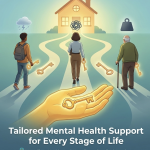
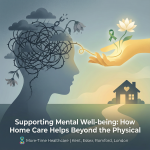
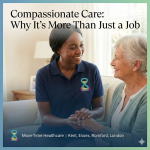
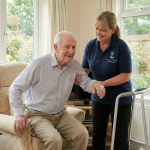

Leave a Reply